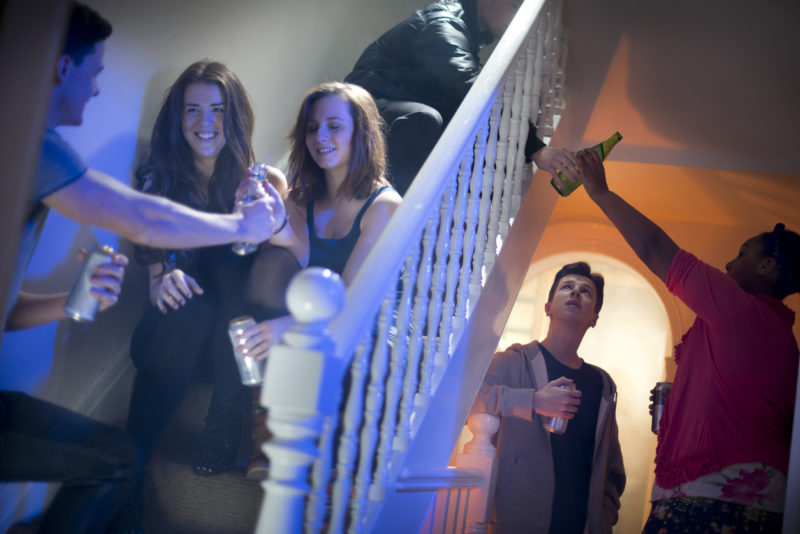 As similar as our teen experiences may be, I am not Christine Blasey Ford. Fortunately, I also can’t speak to what she experienced. But most people under age 40 or over 60 are missing the context beneath Blasey Ford’s claims and Brett Kavanaugh’s denials.
As similar as our teen experiences may be, I am not Christine Blasey Ford. Fortunately, I also can’t speak to what she experienced. But most people under age 40 or over 60 are missing the context beneath Blasey Ford’s claims and Brett Kavanaugh’s denials.
In fact, for most 1980s teens, key parts of Ford’s story resemble some of our own experiences. We went to parties just like that one. Perhaps we weren’t attacked the way Blasey Ford describes, but we know someone who was. Maybe we were even lucky enough to escape sooner than Blasey Ford did or we avoided it altogether. Perhaps we even experienced worse.
Time for some historical context.
The parents of 80s teens came of age in the 1950s or 1960s. They used terms like “going steady” and supposedly swore off sex until marriage. If they dated, their parents couldn’t track their whereabouts.
Years later as 1980s parents, their kids watched programs like Eight is Enough or reruns of The Brady Bunch, The Partridge Family, and Happy Days. We 80s kids approached adolescence surrounded by unrealistic portraits of wholesome children, teens who didn’t kiss on first dates, and high-schoolers who only played harmless pranks.
By the time we reached the challenges of junior high and high school, we knew that our parents were distinctly out-of-touch with the realities of teen life in the 80s. How could they know, given their innocent upbringings?
Instead of confiding in Mom and Dad, we found solace in films like Porky’s, Fast Times at Ridgemont High, Animal House, and Sixteen Candles. There, we recognized ourselves. Over time, characters in those films even helped us internalize that “no” actually meant “yes” and that anything we did at parties while drinking was fair game. Certain behaviors became accepted forms of normal.
Sure, not everyone acted this way. But, like many teens, my friends and I were thrill seekers. It was fun to put ourselves in risky situations. Laughing with friends about everyone’s antics at last night’s party was a teenaged thrill-ride. We couldn’t get enough of it.
I can’t tell you it always went well, but unlike Dr. Ford, I am thankfully unscarred from my encounters.
Now, on to Kavanaugh.
Here is the sad truth. Kavanaugh may be telling the truth when saying he does not remember the night in question or any night in particular, for that matter. I certainly can’t remember any particular one of my teenage nights; they happened too regularly.
I understand now that some kids took part naïvely. But attending a party and acting the way I thought normal teens acted was just another night in the 80s for me.
Before you post vicious hate comments, take note: I absolutely do not excuse or condone the acts Blasey Ford accuses Kavanaugh of doing, nor do I discredit or deny Blasey Ford’s claims.
Despite how unacceptable as that purported behavior may be, context is key. The night Blasey Ford describes was an accepted norm for countless teens and young adults in the 80s.
God help us if today’s teens aren’t better informed and more conscious of unacceptable behaviors.
Let them know that consent is not complicated. Let them understand that inebriation is not an excuse, that “no” means “no,” and that true friends will do anything possible to keep a friend from unsafe situations.
Let them know that real men – and real women – don’t hide behind their popularity to justify committing unconscionable acts.
